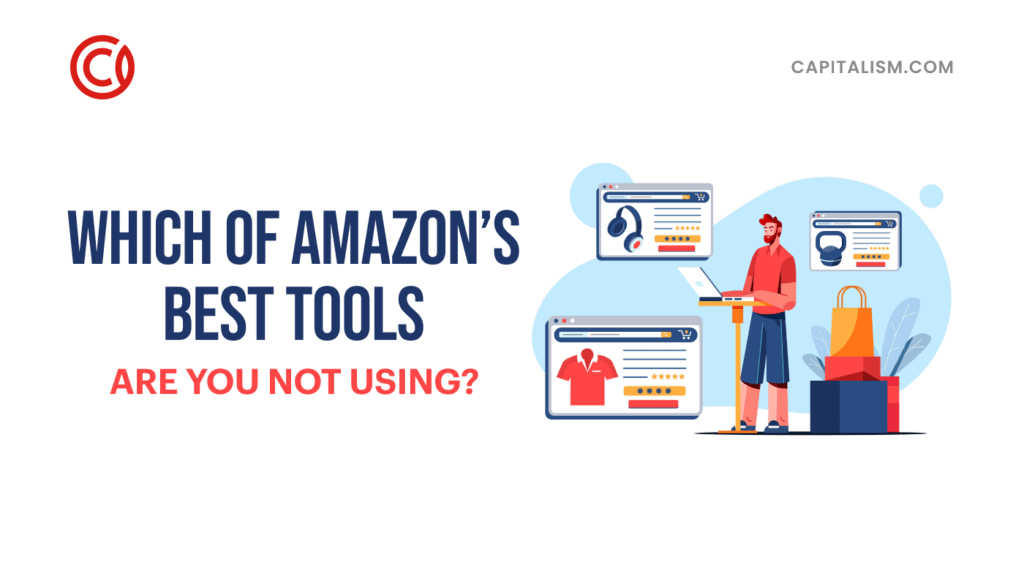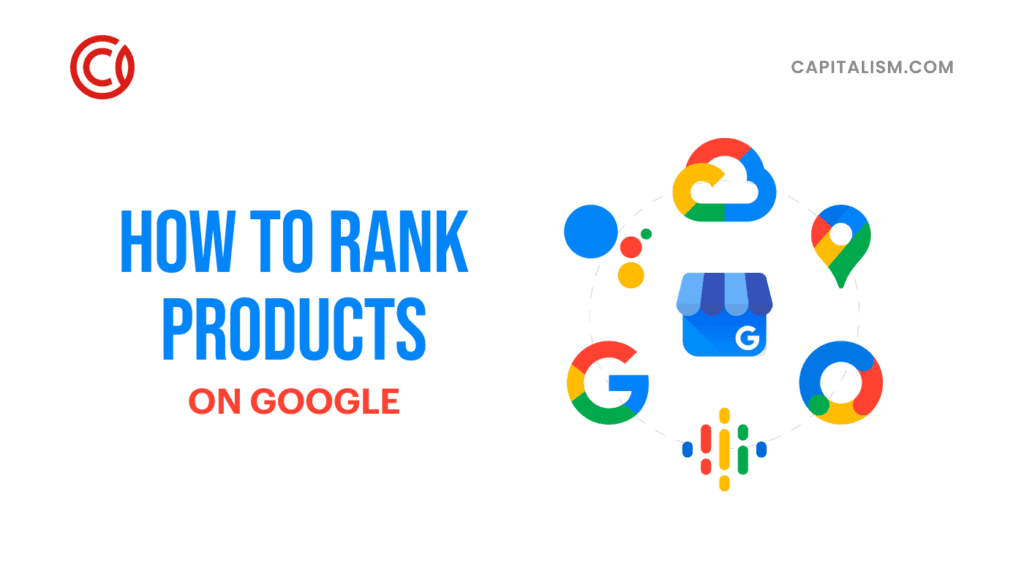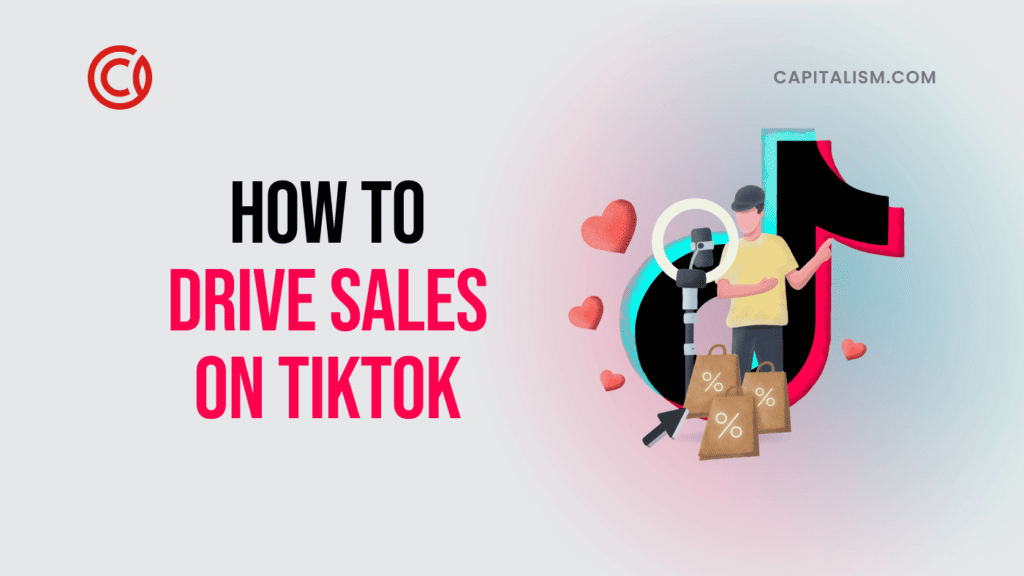You’re an entrepreneur and you’ve built your business from the ground up. You used lessons from your mistakes to grow your business. And now onto your next big decision:
You decided that it’s time to sell.
To start, congratulations on committing to such a huge decision. Selling a business can be an emotional process (after all, you’ve nurtured your business and it’s time to say farewell). But on top of that, there are some logistics to handle.
When you sell a business, it’s a lengthy process that raises more questions than you realize. If you dive in unprepared, it can trigger costly mistakes with your time and energy.
We can help you turn the page on this chapter by sharing all you need to know about how to sell a business.
First Off, Why Sell A Business?
This answer varies from person to person. Some sell for positive purposes. Others sell for less fortunate reasons. Here are some reasons why a business owner would want to sell their business:
Whatever the reason is, there are many steps that stretch between deciding to sell your business and actually selling it. But before we break down each step, Ryan Moran shares three things on what to know before selling your business:
3 Things You Should Know Before Selling a Company
1. Control the Frame
A huge mistake many entrepreneurs make when selling a business is letting the buyer dictate the terms.
When you get an offer on your business, especially if it's a generous one, it’s easy to let “losing out” consume your mentality.
But remember: you have what the buyer wants.
In the above video, Ryan Moran dives into why it’s essential to have a term sheet prepared for your buyer or your business broker.
2. Seek Partnerships to Boost Your Valuation
If you work with other companies and they’re also looking to sell their business, you two can form a “package deal” for the buyer. This will increase the value of your company. Since you are consolidating several brands and assets, a sophisticated buyer will offer more money to purchase your business.

3. Project Your Company’s Growth
If you want to sell your business, you can’t just go to a broker and ask them to take your business to market. You need to do more on your part. You need to have a projection of where your company is heading. That means creating a three-year plan that covers:
Providing this plan to the buyer can make your business more attractive because there’s already a plan in place if they buy your business.
Keep these three tips in mind as we dive into each stage of when you sell a business.
Determine An Asking Price
How much do you sell your company for?
Determining an asking price for your business presents some challenges. Asking for too much can scare away buyers. Asking for too little means lost money. The first step in selling your business is to obtain a valuation of your company.
What is a business valuation?
According to Investopedia, “valuation is the analytical process of determining the current (or projected) worth of an asset or a company.
This professional valuation helps the buyer and seller to determine a fair price point for your business. When choosing a valuation professional, make sure they have extensive knowledge and experience under their belt.
Increase Sales to Boost Your Valuation
Used car dealers tune up and tidy up used cars. Realtors stage houses with impeccable setups. They do this because they are presenting their product in the best light possible.
Selling your business uses the same concept.
The worst time to sell your business is when your sales are declining. You want to sell your business when numbers are skyrocketing. This attracts eager buyers because it shows that if they buy your business, they can bask in profit and opportunity.
If you want to increase your sales, try the following business tips:
Adjust Your Marketing Strategy
Is there something in your marketing strategy that isn’t working? Spend time with your team and analyze why that’s the case. Maybe your sales funnels don’t have ROI you expected. Or your email list isn’t clicking on those carefully crafted emails.
You might learn that a small tweak can fix the issue. Or you may learn that you need to focus on a marketing overhaul.
Remember: buyers want businesses with existing working systems, and that includes your marketing strategy.
Send Promotional Emails
A healthy email list is one of the best assets your business can offer when it’s for sale. Not only does it let you interact directly with your customer base, it is an effective method for selling. Teaser emails can you get customers excitedly anticipating a new product launch. Or emails with discount codes can skyrocket your sales.
Renovate Retail Locations
If your business has a physical location, jazz it up. Like staging a home, you want potential buyers to walk in and see opportunity. Don’t let clutter, faulty machinery, and bland storefronts disrupt this fantasy.

Update Brochures or Menus
Updating your paper marketing items is like giving your business a fresh coat of paint. It creates an opportunity to promote new items, recreate your brand visuals, and breathe fresh air into your business.
Replace Under-Performing staff
John Mackey, CEO of Whole Foods, says that your staff is a significant stakeholder in your business’ success. Here’s what the process looks like:
- Excellent managers hire excellent employees
- Excellent employees create happy customers
- Happy customers make shareholders happy
By optimizing each stage, you gain valuable stuff and increased customer satisfaction and retention. To achieve this, you might need to replace under-performing employees with customer-centric fresh faces.
Pick the Right Business Broker
Not everybody is an expert at selling a business. And if you don’t have the time or energy to teach yourself, then hiring a business broker may be the right step in selling your business.
What Is a Business Broker?
A business broker is a professional who can streamline the process of selling your business. Their responsibilities may include determining a price point for selling your business, screening potential buyers buyers, and walking you through the entire process.
But not all business brokers are created equal. When reviewing potential hires, take a peek at their website:
When you sit down to meet with a broker, ask the following questions:
These questions will quickly help you eliminate “bad” brokers whose inexperience or bad practices could sabotage selling your business for maximum profit.
Organize Your Business Financials
When sellers are buying a business, they want to know your business’ financial condition. Supplying a buyer with your financial statements, list of assets, and tax returns helps them make an informed decision.
When you sell a business, absent or messy documentation screams sloppiness at the buyer. Missing or inaccurate documentation will raise red flags, which will delay or collapse the selling process.
Efficient bookkeeping is a cornerstone practice for any thriving business and will smoothen the selling process. Work with your business accountant to organize your financial financial statements (you’ll be needing your business tax returns for the last three years).
Another advantage to spotless bookkeeping is gaining a financial perspective on your business’ growth. Declining areas of your business can alert you to make improvements, which may increase the value of your business.

Prepare Your Documents
When you’re selling a business, be prepared to supply an exhaustive list of documents to the buyer. This is important because you show the buyer that your business is organized and transparent. The buyer can then review these documents to research the business’s condition and projected growth.
A list of documents you can expect to supply include:
Pre-qualify Your Buyers
When you receive an offer on your business, don’t get over-excited. There are some “bad” buyers who can cause more stress and delays than they’re worth. Pre-qualify your buyers and chop anybody who fit any of these “buyer” profiles:
1. Buyers Who Aren’t Qualified For SBA Or Other Third-Party Loan
Red flag alert. Stop negotiating with this buyer until they’ve been qualified. You don’t want to go through all the stages of selling a business only to discover the buyer is unable to secure the necessary finances. Negotiate only with buyers who are qualified for SBA or another third-party loan.
2. Buyers Who Don’t Fit Your Brand’s Culture
Somebody who doesn’t fit your brand’s culture can sabotage your brand’s message and culture. If maintaining your business’ integrity is important to you, you might need to ask more questions from your buyers and make judgments based on their answers.
3. Buyers Who Are “Just Curious”
You want to sell only to buyers who are seriously committed. That means eliminating the people who are “just curious” or “just looking around.” Sell your business to somebody who has secured the funds, has a vested interest in your company, and wants to close the deal.
4. Buyers Don’t Have a Business Savvy
If you’ve scaled a profitable business, selling it to a business novice can be risky. You might want to pass their reigns to somebody with the experience needed to maintain and grow your business. Make sure you factor somebody’s business background before moving forward with the sale process.
5. Buyers Who Are Actually Competitors
Believe it or not: some people are “interested” in buying a business just to sneak a peek at their business operations. Don’t be fooled. They are competitors trying to steal a secret or two to advance their own agenda. Proceed with caution if you get a whiff of this type of “buyer.”
6. Buyers Who Are Extreme Hagglers
Some buyers try buying businesses the same way they haggle at a swap meet. Even with a fair valuation by a neutral third party, they try to nickel and dime you. For many, the lengthy negotiation process with an extreme haggler is not worth it.
Common Mistakes When Selling Your Business
With so many steps in selling a business, there are many opportunities for you to make mistakes. After you decide to sell your business, review these mistakes so you know what to avoid before executing.
1. Poor Planning
Selling a business is a huge commitment that requires extensive planning on your part. You need to have the necessary documents prepared, a sound business strategy already in motion, and an exit strategy in place.
Poor planning on your part can make the entire process more stressful than it needs to be. While hiring a business appraiser and business broker can offset some of the work, you should still stay organized and vigilant during the entire process.
2. The Wrong Broker
The wrong business broker can jeopardize the entire selling process for you. They might pair you with the wrong type of buyer. They might sell you lofty expectations that aren’t grounded in hard numbers. Or they might delay the entire process because they’re unorganized or unprepared.
When you’re hiring a broker, ask questions mentioned earlier about their past experience selling businesses of your size and industry and their qualifications.
3. Under/Over-Valuing Your Business
Setting your business price point too high won’t attract eager buyers. But setting it too low means lost profits. Again, make sure that you are hiring a competent business broker/appraiser to objectively value your business.
4. Not Pre-Qualifying Your Buyers
We’ve already mentioned before that screening your buyers can be a stressful process. There are potential buyers who aren’t a good fit for your business. Ensure that you’re properly screening your buyers so that you can pass your company’s reigns with peace of mind.
5. Getting Emotional
When you’re selling a business for negative reasons (the business is failing, disagreements among partners, burnout), it’s easy to allow your emotions to guide your through the process. However, remember to treat business as business and to not take anything personally. Even if you want a quick departure from your business, make sure that you are consulting with your broker and listening to their advice when selling your business.
Receiving Your Big Fat Check
Too many entrepreneurs are blinded by the glimmer of a fat check. If they don’t ground their feet, it’s easy to delay their chance at financial freedom. This is a mistake many entrepreneurs face, especially when they’re selling their first business.
If you want to be a smart entrepreneur when selling your business, have a financial plan with what to do with the money you received in place. Consider investing that money so that you can achieve financial freedom that so many entrepreneurs work towards.
FAQ: When You Sell a Business
How can I sell my business fast?
If you want to know how to sell a business quickly, you’ll need to do a lot of hard work. On top of accomplishing all the steps mentioned above, you’ll want to take an aggressive marketing stance. Also, you might want to hire an experienced business broker with a glowing track record of heavy marketing and successfully closing sales.
Why would someone sell a profitable business?
The reasons for selling a business, even a profitable one, vary widely. Some are bored and want to pursue other business ventures. Others are entering retirement. There’s no singular reason why somebody wants to sell a profitable business.
How do you sell a failing business?
Learning how to sell a business that is losing money can be challenging. First, do your best to reduce any business debt accrued over the years. Also, you want to close any pending litigation issues. Both of these will easily scare away potential buyers. Next, highlight your business’ strengths. Even if your business might be declining, assets like location and an engaging email list can attract buyers.
What is the rule of thumb for valuing a business?
Hiring a professional business appraiser is the recommended method. Their expertise will help you get an objective valuation of your business. But if you were to attempt to value your business yourself, work with your accountant to determine your company’s assets and liabilities. Tallying the values of your assets versus your business liabilities will offer a preliminary view of your business’ valuation.
Why is it important to know the owner's reason for selling?
It’s important to know what are the common motivators for a business to be for sale because it can affect the entire selling process. For some sellers, they’re burned out and want a quick sale. For others, it’s because they’re retiring but want to pass their business to a competence business leader. Instead of a quick sale, the process is slower and more deliberate.
Selling a Business: Final Thoughts
You’ve put in grinding hours working to grow your business. Now it’s time to say farewell.
But from this article, you learned that selling your business can be just as complicated as starting and building your business. But hopefully you can walk away knowing how to sell your business.
So what happens after selling a business?
Is your entrepreneurial spirit still craving another business opportunity? Or maybe you’re ready to wind down and enjoy your hard-earned money.
As a capitalist and entrepreneur, the freedom of what’s next is up to you.










